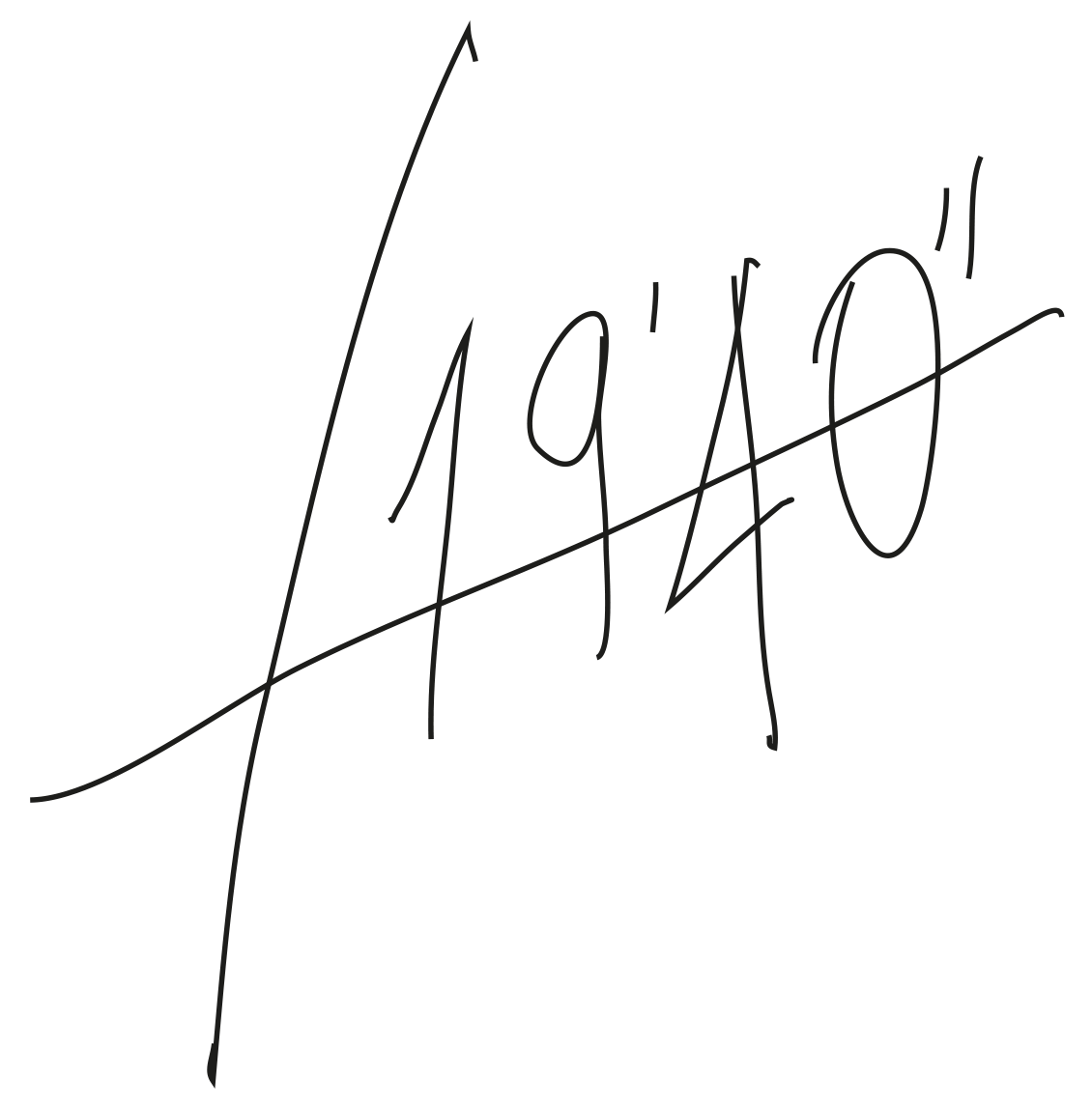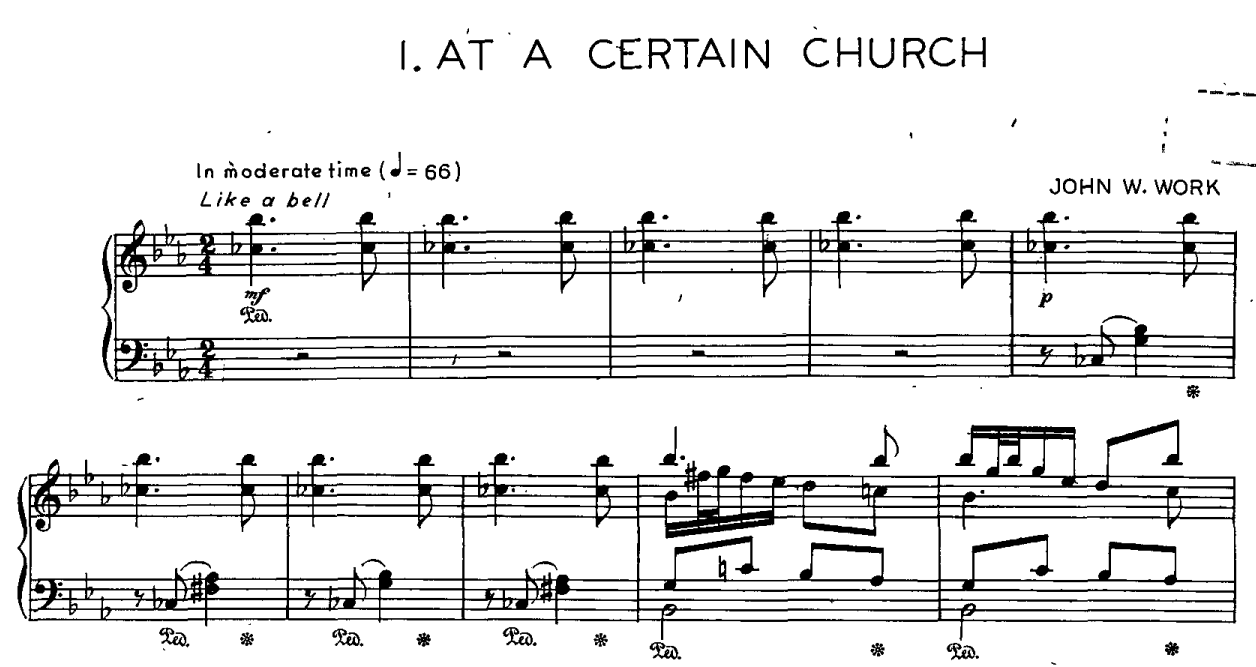In August, Black Classical Music will be released, the twenty-first release by 19'40''. It includes works by Afro-descendant composers. In this series of articles, we tell the stories of the composers and their work.
JOHN WESLEY WORK III
John Wesley Work III was a prominent African American composer, scholar, educator, and folklorist who made significant contributions to preserving and promoting African American music. Born on 15th September 1901 in Tullahoma, Tennessee, Work came from a distinguished musical family.
With a celebrated Fisk University Jubilee Singers member, John Wesley Work Jr., as his grandfather, and John Wesley Work II as his father, he inherited a treasured musical heritage firmly rooted in his family's distinguished lineage. Work's passion for music led him to become a versatile musician proficient in various instruments, including the violin, piano, and trombone.
Work's scholarly pursuits were equally remarkable. After completing his undergraduate studies at Fisk University, he pursued a master's degree in music from Northwestern University in 1927. He went on to earn a doctorate in musicology from the University of Chicago in 1941, becoming one of the first African Americans to achieve this distinction.
Work's compositions encompassed choral music, orchestral works, and solo pieces. His most notable composition, "Go Down, Moses," became an iconic spiritual arrangement, earning him widespread recognition.
Work was also an esteemed educator. He served as a faculty member at Fisk University for over forty years.
At A Certain Church & Ring Game
Out of the three movements comprising Scuppernong, "At A Certain Church" and "Ring Game" truly capture the essence of John Wesley Work III's microcosm. "Ring Game" is a concise composition that tips its hat to Béla Bartók's piano albums for small hands, an exceptional exemplar of ethnomusicology, harmonic exploration, rhythmic mastery, and pedagogy in the annals of human history. "Ring Game" is a simple and delicate solo piano piece, enriched with folk-inspired material and intriguing modal choices which evoke a profound sense of nostalgia. In "At A Certain Church," folk melodies make a comeback, intricately intertwined with one of the defining threads in Wesley Work III's oeuvre: choral music. The commencement of a prayerful moment is heralded by a recurring minor seventh interval. The non-religious activities transpiring outside the sacred confines, portrayed by a brief folk melody, are abruptly interrupted by the resonating call of the bell. As the congregation gathers within the hallowed space, they raise their voices in a harmonious chorus. Work III's evocative portrayal of religious devotion is subtly veiled with a touch of poignant affliction.


